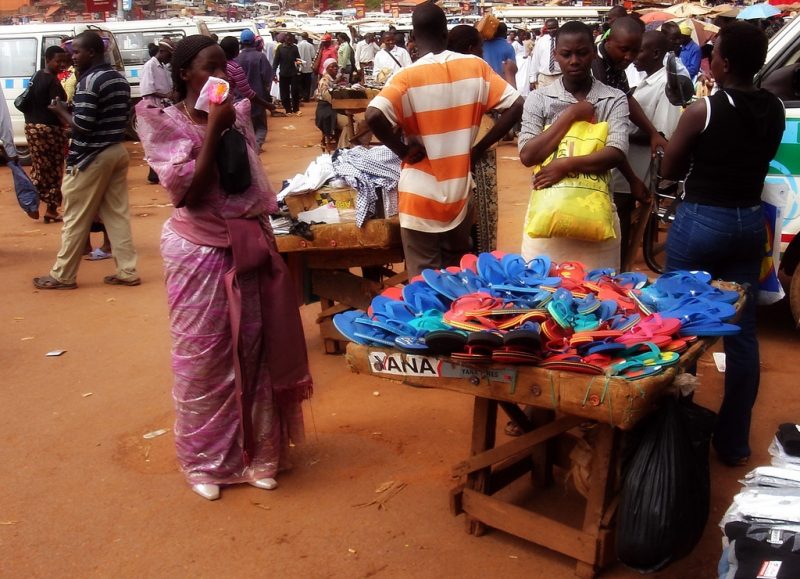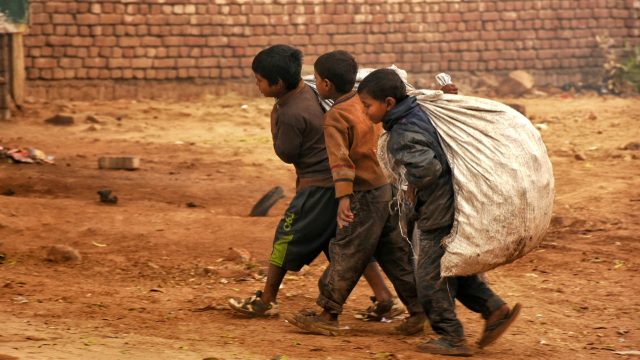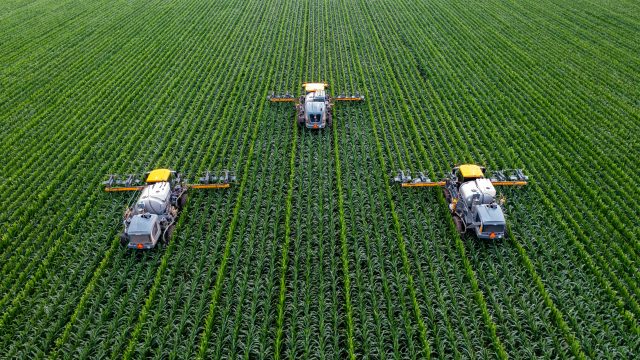Introducing South Africa's green entrepreneurship hub

Green entrepreneurs will be at the forefront of Africa's fight against climate change. How can Africa can cultivate its indigenous entrepreneurial expertise to build the green economy from the ground up?
The risk of climate change is all around us and it’s quite apparent that the most vulnerable in society are bearing the brunt of this risk. Whether you speak to smallholder farmers on the rolling slopes of the Rwenzori mountains in Uganda – where rainfall has reduced by more than 20% – or you speak to a township dweller in the outskirts of Cape Town – whose shack has been razed down by a recent fire –the story is the same. Severe changes in the weather patterns are negatively eroding their livelihoods and there is hardly enough of a social safety net to enable them to cope.
Building an inclusive green economy lies at the centre of finding solutions that help to build social and ecological resilience, but also provide an opportunity for such groups to partake in identifying the solutions that works best for their local context. To achieve an inclusive green economy therefore requires a bottom-up approach which encourages meaningful participation in the process and can be backed by strong policy signals from the top.
Unfortunately there is no evidence to show that this is the approach that is being undertaken in operationalising the green economy in many developing countries. Most of the discourse is still taking place at the macro-economic level and characterised by interventions at that level, whose impact on the most vulnerable people on the ground or pressing ecological crisis are limited; at least in the short to medium term.
“ The real opportunity of creating meaningful change is through activating local economies, to enable those at the frontline of climate risk to defend themselves.”
The real opportunity of creating meaningful change is through activating local economies, to enable those at the frontline of climate risk to defend themselves. This is because most of the climate related risks inevitably translate into social problems or a local ecological crisis that needs to be addressed at that human level. Most importantly, those that are faced by the prevalent risks must be the ones to lead such interventions.
Green entrepreneurship, which is a term used to describe entrepreneurial activities that focus on ecological outcomes, plays an important role in addressing social and economic challenges that are associated with climate change. One would expect that due to the well-documented impact of climate change at the local level in countries like South Africa, there would be a corresponding hive of green entrepreneurial activities at the local level seeking to turn climate risks into opportunities. Sadly this seems not to be the case. In many cases environmental issues are still regarded as peripheral and a lack of well-established support structures for business incubation and finance for small, medium and micro enterprises (SMEs) presents a massive challenge.
By their very nature many green entrepreneurial activities do not lend themselves to the traditional business models that mostly focus on profitability, growth and an understanding of a readily available market. Green entrepreneurs in many instances focus on emerging business principles that promote new forms of ownership, distribution and exchange of goods and services. As a result the odds are stuck against such ventures, and they often do not find the support they require to make an impact. For example, a very brief analysis of business incubators in South Africa shows that most of the support to small enterprises is for high growth sectors, such as technology, manufacturing and the retail sector. Even though some of these ventures are social enterprises, the majority still do not embrace green economy principles. There is a need, therefore, to explicitly support enterprises that promote green entrepreneurship, especially in a country like South Africa that is projected to be highly impacted by climate change.
This is the gap that the African Centre for a Green Economy (Africege) is seeking to fill through its innovation hub that is being established in partnership with DOEN foundation, the Green Economy Coalition (GEC) and the New Economics Foundation (NEF). Over the next two years we hope to identify and provide both financial and in-kind support to innovative green and social innovations in South Africa that hold a high potential in identifying solutions that promote the transition to an inclusive green economy. Whilst the mandate of the innovation hub will include both social and green innovations, the real opportunity is in supporting green entrepreneurship, where a massive gap still exists. Over the next two years, if we are able to mobilise enough resources the innovation hub will become a robust platform for those at the grassroots and emerging leaders to be at the forefront of setting the continent’s development agenda for the transition to an inclusive green economy.
Dr Mao Amis, Director, Africege


